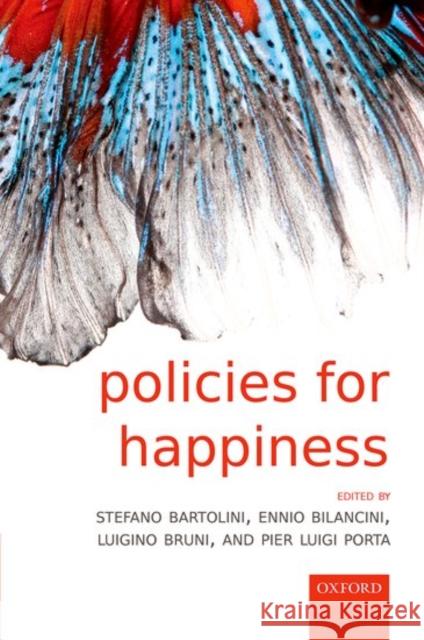Policies for Happiness » książka
Policies for Happiness
ISBN-13: 9780198758730 / Angielski / Twarda / 2016 / 320 str.
In recent years, debates on the economics of happiness have shown that, over the long-term, well-being is influenced more by social and personal relationships than by income. This evidence challenges the traditional economic policy paradigm that has emphasized income as the primary determinant of well-being.
This volume brings together contributions from leading scholars to ask: What should be done to improve the quality of people's lives? Can economic and social changes be made which enhance well-being? What policies are required? How do policies for well-being differ from traditional ones targeted on redistribution, the correction of market inefficiencies, and growth? Are there dimensions of well-being that have been neglected by traditional policies? Is happiness a meaningful policy target?
The volume presents reflections and proposals which constitute a first step towards answering these questions.











